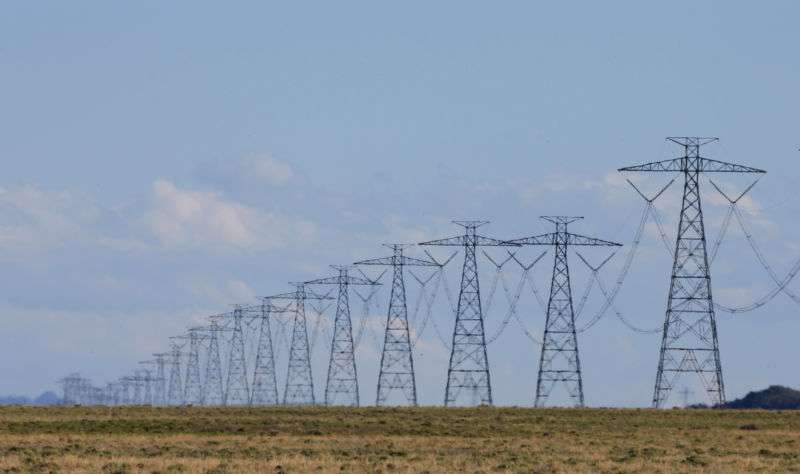
Idaho Power announces record-low price for power from solar farm

Idaho Power announced recently that it had secured a 20-year deal to buy power from a 120MW solar farm being built by a company called Jackpot Holdings for $21.75 per megawatt-hour (MWh). The price is less than 2.2 cents per kilowatt-hour (kWh), which appears to be a record-low price for solar energy in the United States.
The price isn’t a perfect reflection of solar panel cost—Idaho Power’s price is as low as it is because Jackpot Holdings is taking advantage of a federal subsidy in the form of the solar Investment Tax Credit (ITC), which is set to begin phasing out in coming years. Still, industry watcher and investor Ramez Naam tweeted last night that, without the ITC, he estimates the price per kWh for the project would be about 3 cents per kWh, which is still extremely cheap.
Just two years ago, the Department of Energy (DOE) announced that the average utility-grade solar project in the US had hit 6 cents per kWh, achieving the DOE’s national goal three years early. Last October, Nature Energy published a paper investigating whether super-cheap, 3-cents-per-kWh solar prices in the Middle East reflected actual cost or simply existed as loss leaders and subsidy vehicles in oil-rich countries. (Spoiler: the researchers found that 3-cents-per-kWh prices were possible and rational in the Middle East.)
In addition to ITC subsidies, the solar project in Idaho likely benefits from the fact that it will use existing transmission lines to deliver power to the utility’s customers. Those transmission lines currently deliver power from the North Valmy coal plant in Nevada, which will be retiring in 2025 after Idaho Power announced last month that it would divest from coal and natural gas by 2045. Idaho Power follows Xcel Energy as a major power provider in the American West that has pledged to eliminate fossil fuels completely in the coming decades.
Idaho Power’s agreement with Jackpot Holdings “includes the potential for Idaho Power to buy the facility, as well as obtain energy from a proposed expansion at a slightly higher price,” according to a press release.
“In addition to being clean and affordable, solar energy production increases in the summer—when hot weather and irrigation increase Idaho Power customers’ energy needs,” Idaho Power added.




